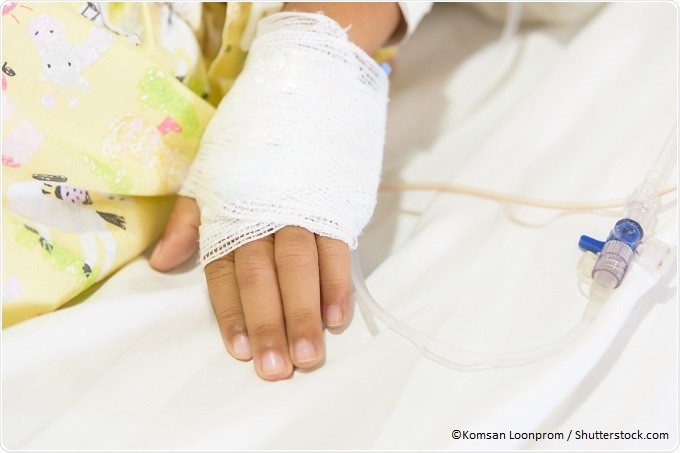Pediatric surgery is the medical specialty concerned with the surgical treatment of infants, children and adolescents. Pediatric surgeons are the healthcare providers responsible for carrying out these procedures after crafting a pre-operative plan based on the patient’s findings. The surgery may be divided into several different areas of expertise.

These include general, gynecological, urological and cardiothoracic surgeries. An emerging specialty within this field is prenatal surgery. Pediatric surgery is an essential and separate specialty, because there are significant differences, in terms of physiological and psychological parameters, in the pediatric population versus the adult.
Surgery in the pediatric population is always done with several factors taken into serious consideration. Once such factor is the likelihood of spontaneous improvement, which negates the need for surgery, because there are always risks involved with the operation. There are also risks as it pertains to the anomaly or disease that the patient has.
In addition to these, the psychological implications of both the procedures and the diseases must be taken into account. Likewise, surgeons must use the optimal surgical techniques to keep undesirable consequences to a minimum.
Different types of pediatric surgery
Surgeries in the pediatric population may be arbitrarily divided into major, minor, elective and urgent surgeries. Surgeries of the head and neck, as well as the chest and some abdominal operations, fall under the auspice of major surgery.
Major surgeries tend to be very complex and may be associated with increased risks in addition to a longer recovery period and hospitalization. For instance, the removal of central nervous system tumors or the reparation of congenital heart defects may be included in this category of pediatric surgeries. Also included are the correction of skull malformations, spinal anomalies and pulmonary, gastrointestinal and serious physiological anomalies.
Minor pediatric surgeries are considered to be procedures that allow children to return to their everyday lives within a relatively quick period postoperatively. These surgeries may be done on an outpatient basis with children being allowed to go home the very same day or the one thereafter. Major complications are also very rare following minor surgeries. The removal of excess skin, biopsies and the correction of long bone fractures may all be considered minor surgical operations.
When a child does not necessarily need an urgent surgery, for example circumcision in boys, it is referred to as elective surgery. This means that surgeons may conduct the surgery on later dates and may take into account the wishes of the parents and guardians.
Lastly, emergency surgeries are done following traumatic accidents or life-threatening congenital heart diseases at birth, as a means of treatment without which the child will not survive.
A Day in the Life of Pediatric Orthopedic Surgeons
References
- https://hastane.etu.edu.tr/
- https://www.urmc.rochester.edu/encyclopedia/content.aspx?contenttypeid=90&contentid=P03042
- https://web.musc.edu/
Further Reading
Last Updated: Jul 16, 2023